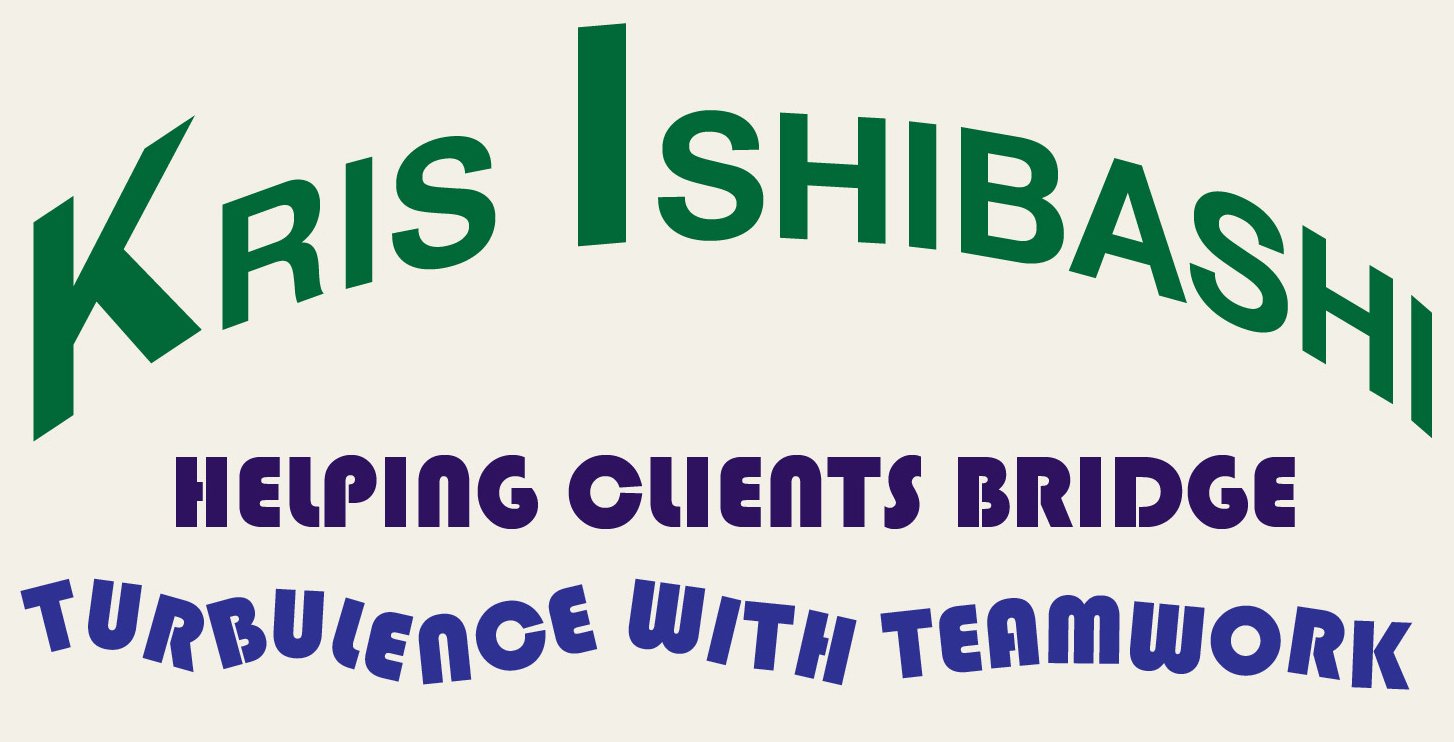Copyright: <a href='https://www.123rf.com/profile_mikekiev'>mikekiev / 123RF Stock Photo</a>
We all have work relationships that aren’t as good as they could be. Some of them may not be a big deal, and talking about your bad relationship with a colleague can be a bonding experience with your other peers who also have a bad relationship with this person. One downside to this is that the bonding is at the expense of your professionalism.
In addition, if the bad relationship is with your boss or a critical business partner, it can have a negative impact on your results and/or your future with the company. Is that what you want? Here are four steps for moving forward.
- Resist the temptation to assign blame for the bad relationship. It’s easy to blame the other person. Blaming the other person can make you feel good because it removes the responsibility from you. However by blaming the other person, you have effectively ceded power over the relationship to them, and that makes you a victim. Since you’ve decided that you are not going to be the victim, let go of the need to assign blame.
- Accept that if you want for the relationship to change, the next step is up to you. A relationship is by definition a connection between two people. As the party who is seeking change, you need to take the first step. Setting up the meeting on their terms or on their turf is a good way to increase their receptivity to you.
- Prepare yourself for the interaction. You need to release negative emotions around the relationship so that you can approach the person from a place of calm and openness. Recognize that you want to come across as interested in their needs and prepared to be understanding.
- Meet with the person. It’s critical to remember that a good relationship is a collaborative dance. In order for the dance to happen, both of you need to be calm and focused on finding a win-win solution (or on-going relationship). Your first step in this interaction is to help that person to get to the place of calm connection that you are. This typically involves a great deal of listening, and willingness to see things from their point of view. Once they are receptive, you must be open and share your perspective.
You might read this and be skeptical or even outraged. How can you forget all of the negativity that this person may have caused you and perhaps many others? The bottom line is that it is your career and your reputation at stake. Do you want to be the victim of someone else, or do you want to be the leader in your life?
Leadership sometimes entails setting aside your own ego and tapping into your desire to do the right thing for yourself and your organization. Sometimes you need to be the bigger person and extend yourself to make the collaborative dance of a relationship work.
QUESTION: What’s your advice for letting go of negativity around a relationship?
==================================================================
Leadership/Career Coach Kris Ishibashi works with leaders to bring together their skills, their authentic selves, and their intentions to inspire their organizations to superior performance. Click here to set up a complimentary consultation.


